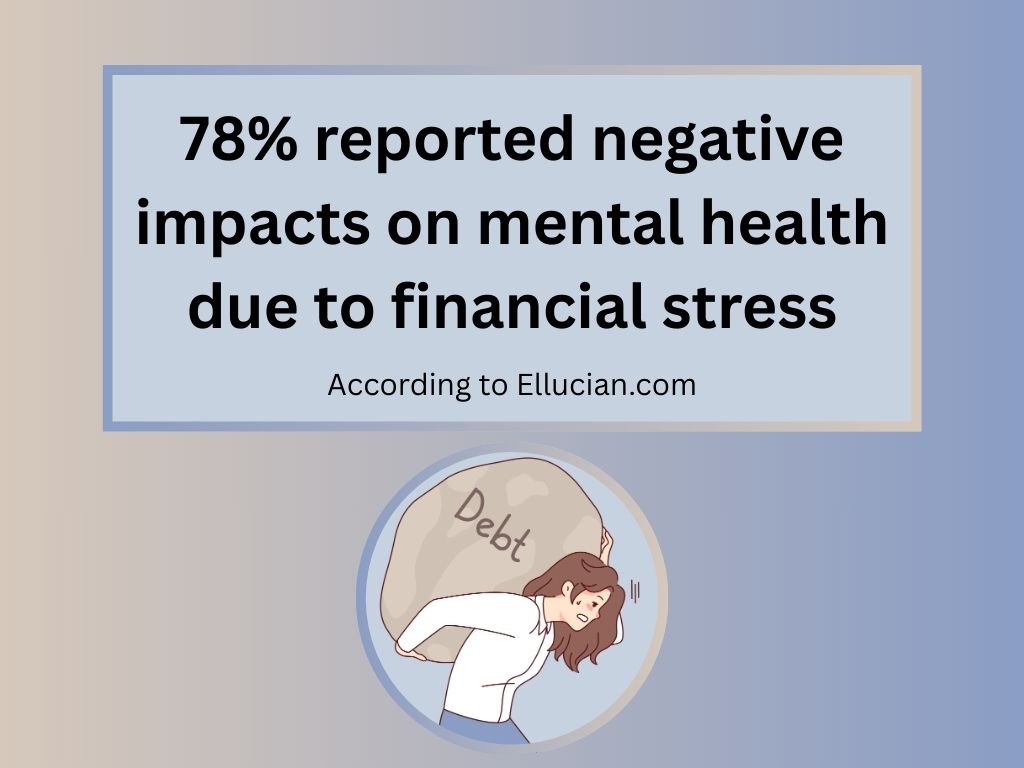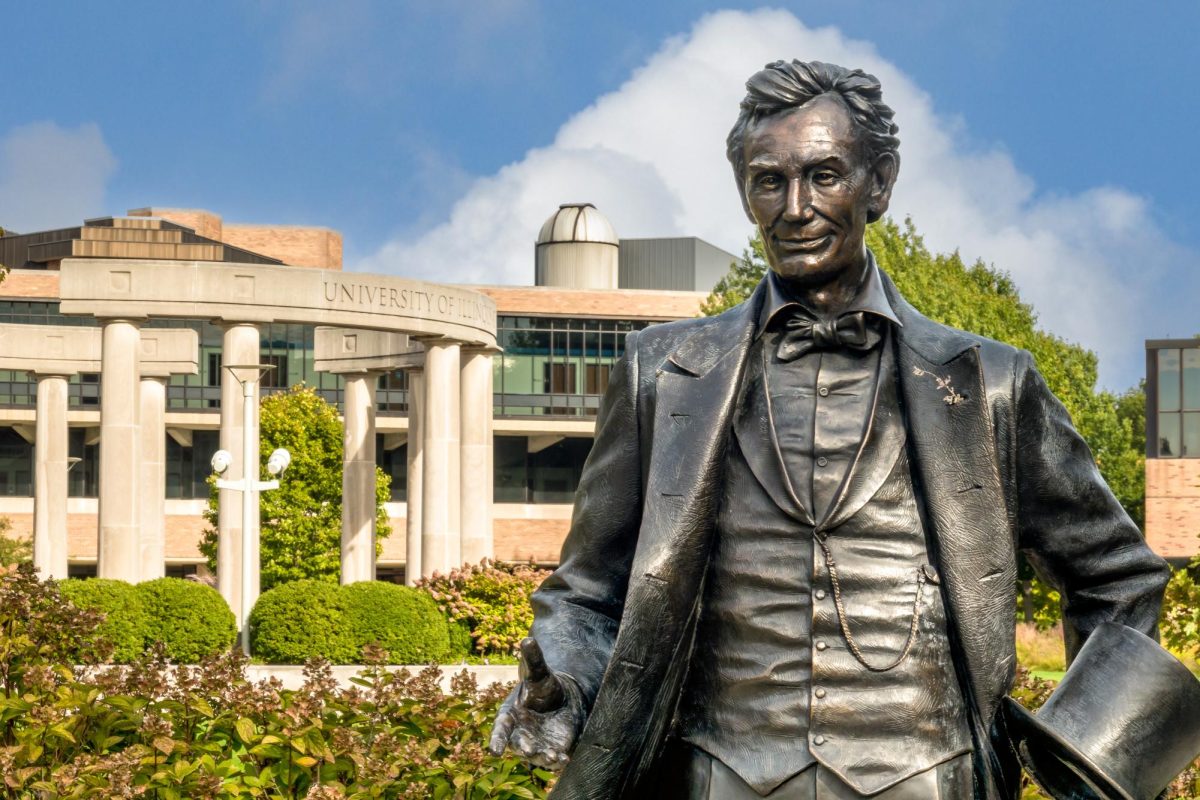Trump: Is this really happening?

May 11, 2016
Several months back, I happened to glance at a tweet that piqued my curiosity. “I’m starting to think that this is the last season of America and the writers are just going nuts,” quoted the username @feraljokes.
When Ted Cruz dropped out the GOP presidential race following the May 3 loss in the Indiana primary, his doing so all but assured that the Republican representative for the November ticket would be, wait for it, wait for it… Donald Trump.
@feraljokes couldn’t had said it better: The writers are indeed going nuts.
As you know, Trump isn’t the prototypical presidential candidate. He’s not a politician, for starters, and added massive celebrity and brand recognition renders his appeals even more significant to disenfranchised citizens who are as fed up with lawmakers in Washington as possible.
But, as you also know, the manner in which Trump galvanizes voters to his cause has resulted in an internal turmoil within the nation’s conscience. The presence of protesters storming Trump rallies have become routine at this point, often clashing with law enforcement and supporters who staunchly believe in the man who will “Make America Great Again.”
And why shouldn’t they? The violence within the rallies themselves, with sexist and racist overtones, have also become a recurring and unfortunate sight in the news. And at the helm of it all is the puppet master himself, whose charismatic rhetoric, love him or hate him, has people’s attention.
Quotes made from Trump in the year since he announced his bid for the White House range from the aloof: “I was down there, and I watched our police and our firemen, down on 7-Eleven, down at the World Trade Center, right after it came down” (in a speech in New York on April 18); to the zany: “We can’t continue to allow China to rape our country” (a Fort Wayne rally on May 1); to the downright intolerant: “I will build a great wall – and nobody builds walls better than me, believe me – and I’ll build them very inexpensively. I will build a great, great wall on our southern border, and I will make Mexico pay for that wall. Mark my words” (in his presidential announcement last summer).
Just to think, in 2004, former Democratic presidential hopeful Howard Dean made an exaggerated scream in a speech following his third place performance in the Iowa Caucus. Afterward, pundits nationally criticized Dean for the gaffe, deeming it un-presidential, and it eventually served as a death-nail to his campaign.
Fast forward to last November, when during a speech, Trump appeared to openly mock a disabled New York Times reporter. The result of that incident: Trump increases a commanding lead in the CNN/ORC polls released two weeks later at 21 percent ahead of Cruz.
It’s as if the man is Teflon, defying odds in this politically correct (pun intended) environment, seemingly gaining more momentum as his campaign trail becomes more tumultuous.
The anomaly of it all is a marvel in itself, so much so that on more than one occasion, numerous acquaintances of mine who identify as traditional conservative Republicans feel rather uneasy with the prospect of Trump as the representative for the elephant party, in comparison to Cruz or Marco Rubio, who also withdrew earlier this year.
Trump’s campaign, in essence, feels as if it’s a throwback to Barry Goldwater’s election bid in 1964. A conservative pioneer who was a visible critic of civil rights, he suffered one of the most massive landside defeats in American political history at the hands of incumbent Lyndon Johnson.
However, this isn’t 1964 – well, most of the time. One could argue that, with the country coming off a year mourning the death of President John F. Kennedy, Johnson continuing his predecessor’s policies solidified him as an almost insurmountable challenger to beat in ‘64, whether it was Goldwater or anyone else on the Republican ticket.
But 2016 offers a much closer prediction, as national polls have Hillary Clinton in a May 4 CNN/ORC Poll ahead of Trump 54 percent to 41 percent.
As we know, however, these numbers can fluctuate very fast, and assuming Clinton captures the nomination (she leads Bernie Sanders 2,240 to 1,473 according to realclearpolitics.com; 2,382 delegates are needed to win), this could shape up to be an ugly six-month campaign down the stretch.
It’s a peculiar time in America, and by all indicators, Nov. 8 promises to be an Election Day to remember. Let’s just hope the writers don’t give the ending the same feel as the last episode of Dexter.












